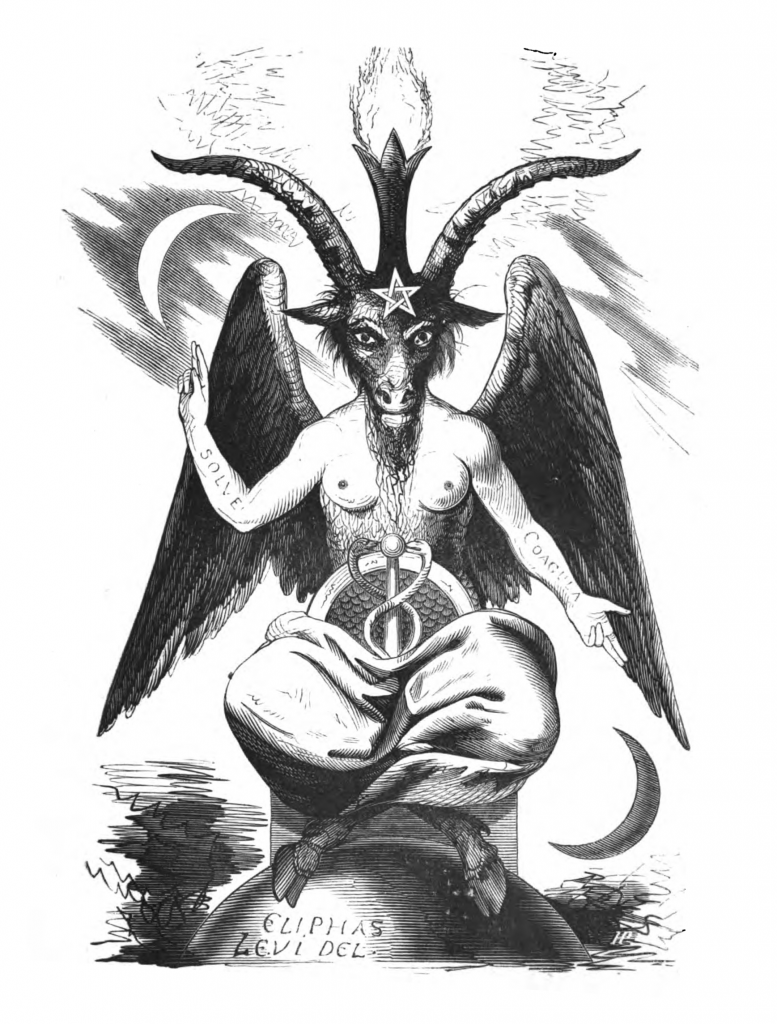The Supreme Divinity, in Gnosticism, is a profound and fundamental concept that is strikingly distinct from the conceptions of the Divine in other religions. Many initiates who have sought to unite themselves with the Divinity have succeeded, but not all. It is necessary to study and meditate seriously on this subject.
Here are some points to consider:
Main characteristics of the Supreme Divinity:
Absolute transcendence:
The Gnostic Supreme Divinity is a state of consciousness completely transcendent, beyond all human understanding or description. It is ineffable, unknowable, and unattainable by rational means. It is the most sublime and the origin of all that exists; it is the seed of universal life, and there is no god or gods that can match this greatness. Divinity is the unity of all ineffable beings. It is absurd to try to reduce Divinity to the limited concept of a single being, since it is the sum of the essence of all beings.
The Gnostic Supreme Divinity can be characterized as AGNOSTOS THEOS, the absolute abstract Space. The ignored or unknown God. The One Reality from which the Elohim emanate at the dawn of any universal Creation.
Samael Aun Weor
Spirit-Matter Dualism:
A distinctive feature of Gnosticism is its dualism, which understands the Supreme Divinity as independent of the material world. Good and Evil, angels and demons, light and darkness clearly define the conceptual duality and the two pillars, Jakin and Boaz, that conceal the mystery of DAATH. The material world is seen as an imperfect creation, the work of the Demiurge that is not yet complete. Every human being is called to perfect this work, to find the synthesis…
Pleroma:
The Supreme Divinity resides in an intangible realm called the Pleroma, which means “plenitude”. Within the Pleroma are the aeons, spiritual regions that emanate from the Supreme Divinity.
The divine world, the glorious realm of the Pleroma, arose directly from the negative Light, from negative Existence.
Finally, the Nous, Spirit or Neuma, contains within itself infinite possibilities susceptible to development during manifestation.
Between the extraordinary limits of Being and non-Being in Philosophy, multiplicity or fall has occurred. The Gnostic myth of the fall of Sophia (Divine Wisdom) solemnly allegorizes this terrible upheaval within the Pleroma.
Samael Aun Weor
Immanence of the spirit:
Despite its transcendence, the Supreme Divinity is present in the human soul as a divine spark. Gnosis, or direct spiritual knowledge, allows the soul to recognize its divine origin and return to the Pleroma with the fullest assimilation of the experience lived in the world of manifestation.
An unknown God:
The Supreme Divinity is the multidimensional, unknown, and profound space, as it is far removed from material creation and therefore unknown to most of humanity. The particular Religare brings us closer to Divinity and the Being “knows himself in Gnosis.”
The Divine Daimon or male-female genesiac:
The concept of the “Divine Daimon” has deep roots in Greek philosophy and has been interpreted in various ways throughout history.
Daemon as a guiding spirit: In ancient Greece, the “daemon” was not necessarily a malevolent entity, as it would later be interpreted. Rather, it was considered a spirit or force that guided a person, a kind of inner conscience or voice of intuition.
Socrates and His Daemon: Socrates is perhaps the philosopher most famously associated with the daemon. He believed that a daemon accompanied him, warning him against wrongdoing, but never prompting him to do anything. This Socratic daemon was interpreted as a kind of moral conscience or divine intuition.
Plato and the Daemon: Plato also spoke of the daemon, considering it an intermediate being between the gods and humans. In his dialogues, the daemon can represent the rational part of the soul or a guardian spirit assigned to each person.

In the psychological gymnasium of human existence, a coach is always required. The Divine Daemon, cited so often by Socrates, the very Shadow of our individual Spirit, is the most extraordinary psychological coach that each of us carries within us; he leads us into temptations with the purpose of training and educating us. Only then can the precious gems of virtues blossom forth within our psyche.
Samael Aun Weor
Emphasis on gnosis :
Salvation in Gnosticism is not achieved simply through belief or the performance of “good works,” but through the practice of gnosis, the direct knowledge of the Supreme Divinity. The three factors of the Revolution of Consciousness gradually lead us to total awakening and self-gnosis.
Gnosis allows the soul to free itself from the illusion of the material world and return to its divine origin…
Subscribe to our news, promotions and getting started lessons!



